- Junta expands naval presence along Arakan coast to regain lost territory
- Nearly 70 civilians and POW family members killed or injured by junta attacks in Arakan State in one month
- Junta accused of extorting money from detained Muslims in Sittwe
- Weekly Highlights from Arakan State (Jan 26 to Feb 1, 2026)
- Arakanese youth stabbed in Mae Sot urgently needs financial aid for medical treatment
Regime’s unilateral ceasefire extension panned as detached from reality
The military’s recent extension of a unilateral ceasefire agreement with Myanmar’s ethnic armed groups — to now nominally remain in effect until the end of 2023 — is “a charade” and “ridiculous,” critics say, as the military has done little to show restraint after declaring the initial ceasefire and subsequent extensions.
02 Jan 2023

DMG Newsroom
2 January 2023, Sittwe
The military’s recent extension of a unilateral ceasefire agreement with Myanmar’s ethnic armed groups — to now nominally remain in effect until the end of 2023 — is “a charade” and “ridiculous,” critics say, as the military has done little to show restraint after declaring the initial ceasefire and subsequent extensions.
“The military council said that if other armed groups attacked them, they would fight back. If their administration is affected, the military council will strike back. A unilateral ceasefire without any agreement is just a charade,” said U Pe Than, a veteran Arakanese politician.
U Pe Than added that the military council’s unilateral ceasefire was extended with the junta’s planned 2023 election in mind.
“If the military council is to hold elections in Myanmar, there needs to be stability. The military council’s ceasefire with some ethnic armed groups is a trap, and on the other hand, it is to make the election less sensitive,” he said. “The military regime’s unilateral ceasefire with some ethnic armed groups is not practical. If the military regime is to be practical, it will have to agree to a formal ceasefire.”
After inviting ethnic armed organisations (EAOs) for peace talks on April 22, 2022, junta chief Senior-General Min Aung Hlaing held two rounds of meetings with representatives of 10 EAOs.
Seven signatories to the Nationwide Ceasefire Agreement (NCA) — the Restoration Council of Shan State, the New Mon State Party, the Democratic Karen Benevolent Army, the Karen National Union/Karen National Liberation (Peace Council), the Lahu Democratic Union, the Pa-O National Liberation Organization and the Arakan Liberation Party — and three NCA non-signatories — the United Wa State Army, National Democratic Alliance Army and Shan State Progressive Party — have held talks with the military regime.
Meanwhile, fighting between the military and Kachin Independence Army (KIA) and Karen National Union (KNU) has been ongoing in Kachin and Kayin (Karen) states. Clashes between the military and anti-regime groups formed in response to the coup are also frequently reported across Myanmar.
Political analyst U Than Soe Naing also said the military regime’s announcement of a unilateral ceasefire with some ethnic armed groups cannot be reconciled with the current political and military environment in Myanmar.
“Currently, the regime is in military and political conflict with forces such as the NUG, PDF, EAOs, etc,” he said, referring to the National Unity Government, People Defence Force, and ethnic armed organisations respectively. “The military regime does not discuss these forces as terrorist organisations politically. It is ridiculous that the military regime is discussing peace with NCA signatories with whom they are not in conflict.”
The military regime, in its ceasefire extension announcement on December 31, urged the groups and other stakeholders involved in the peace process to make all-out efforts to hold peace talks during the purported cessation of military activities.
In a statement on January 1, the Three Brotherhood Alliance — made up of the Arakan Army, Ta’ang National Liberation Army (TNLA) and Myanmar National Democratic Alliance Army (MNDAA) — said there is an urgent need for people living in the country, and for all revolutionary organisations fighting Myanmar’s military dictatorship, to work together in order to resolve the current civil war.




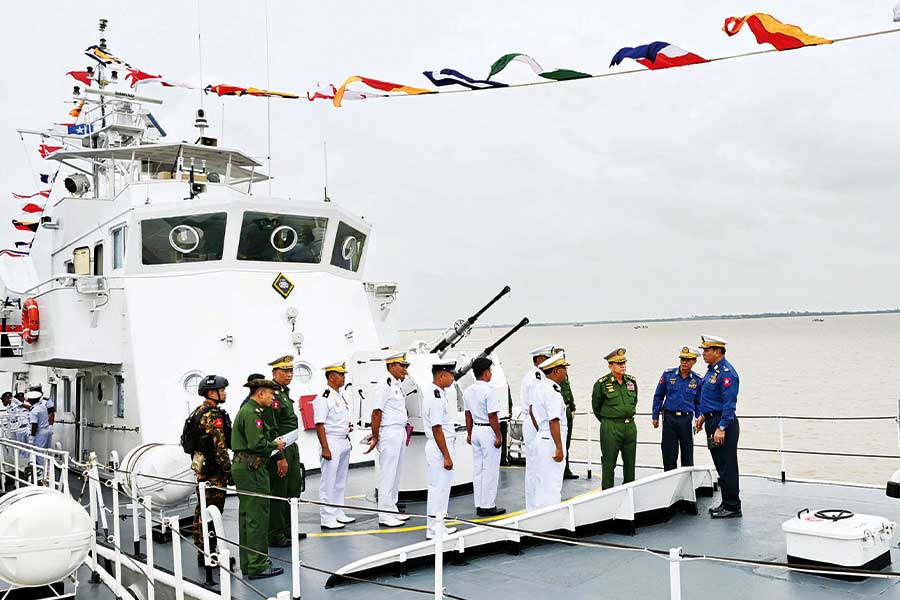
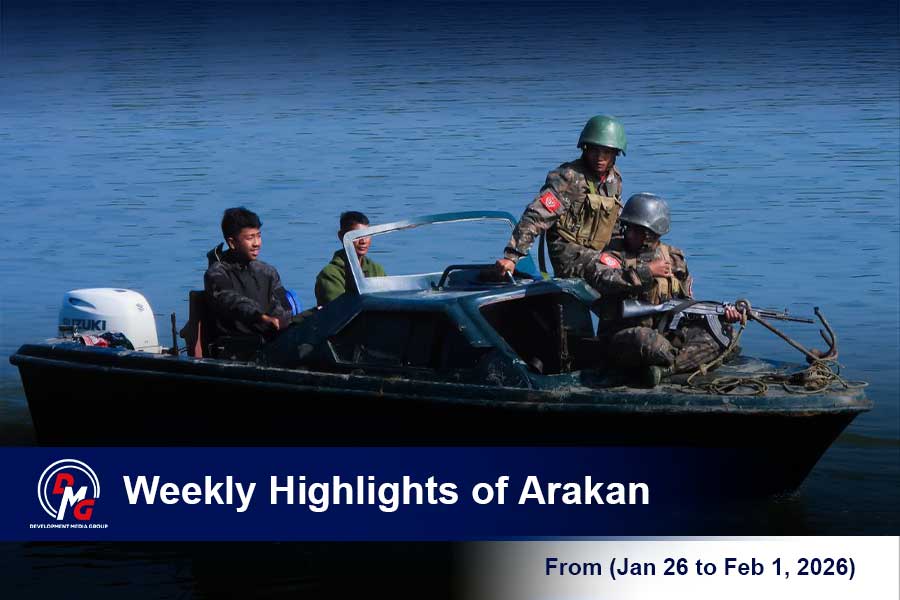
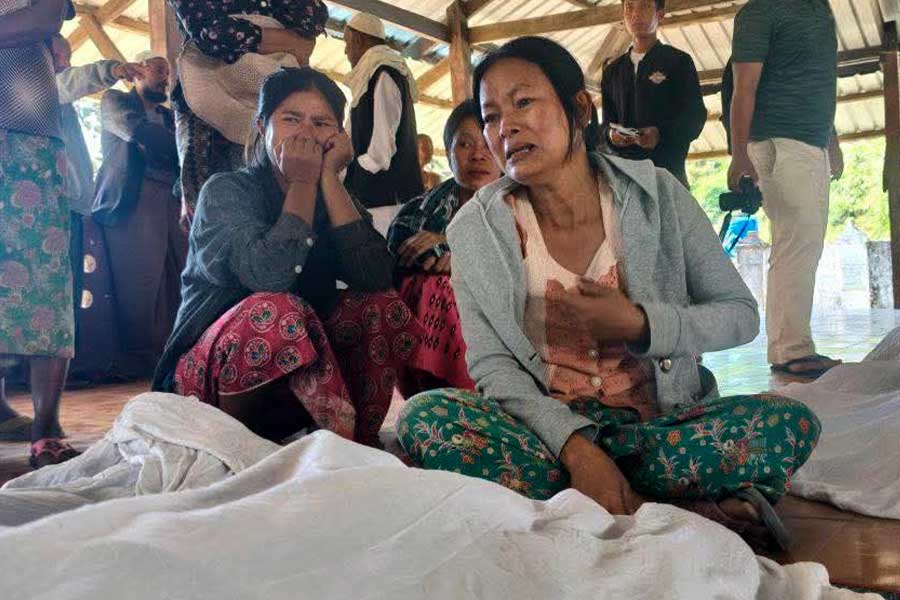
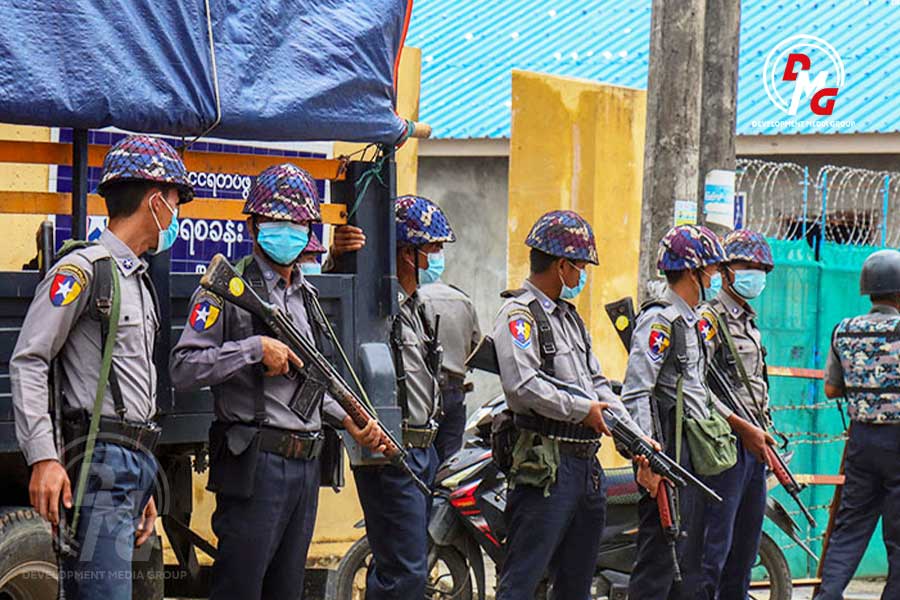
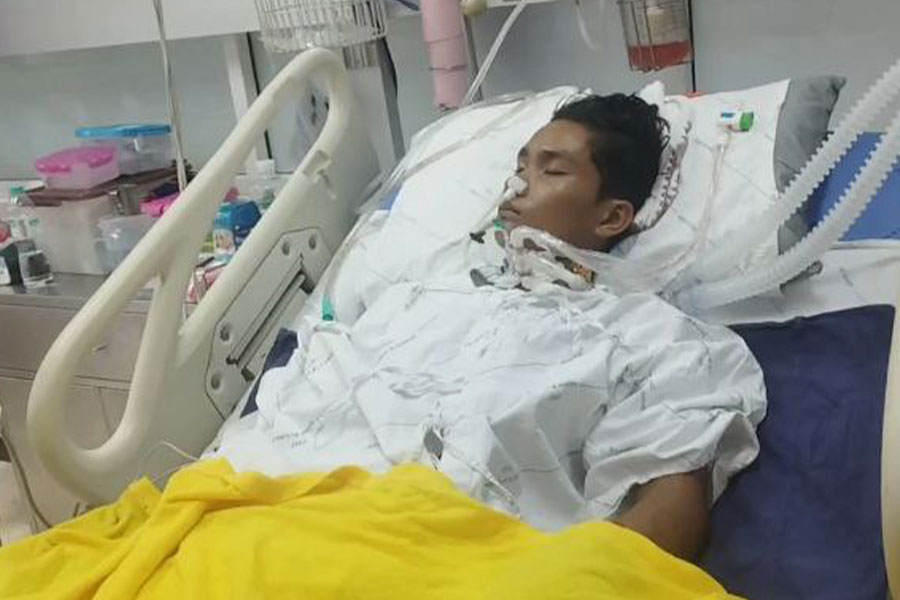






.jpg)

